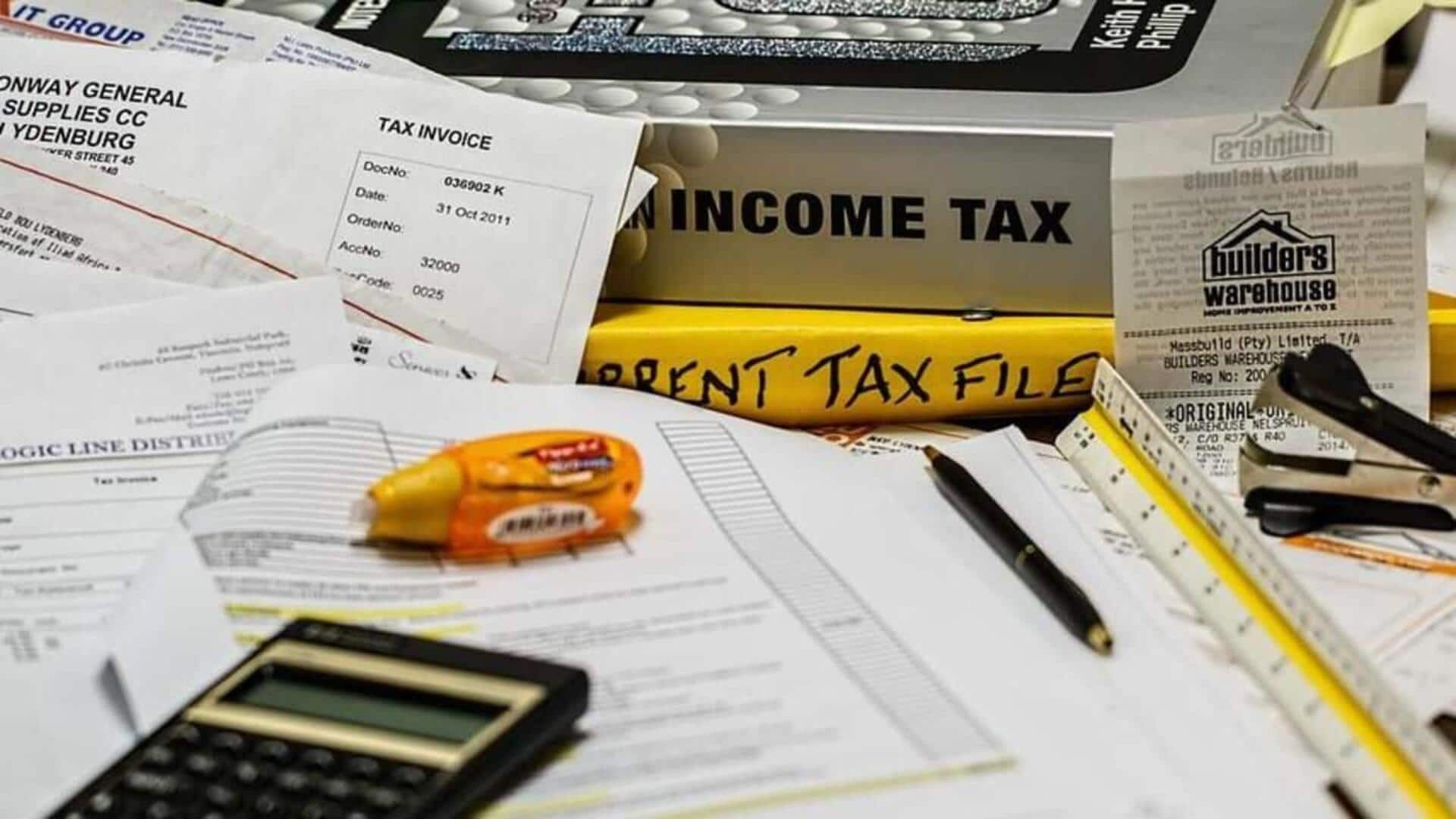January 2025 tax calendar: Key deadlines you shouldn't miss
What's the story
As we enter the new year, it's important to note the tax-related deadlines for January 2025. Timely compliance with these dates is imperative to avoid penalties and interest charges.
The first major deadline is on January 7, which is the last date for depositing Tax Deducted at Source (TDS) or Tax Collected at Source (TCS) for December 2024.
Taxpayers covered under certain sections like 194-IA, 194-IB, 194M, or 194S are exempt.
Information
Quarterly TDS deposit and certificate issuance deadlines
January 7 also marks the deadline for depositing TDS for the October-December 2024 period, if the Assessing Officer has allowed quarterly deposits under Sections 192, 194A, 194D, or 194H. The last date for issuing TDS certificates for tax deducted under sections like 194-IA, IB, M or S for November 2025 is January 14.
Synopsis #2
Form 24G submission and quarterly TCS statement deadline
January 15 is the last date for government offices to file Form 24G, wherein TDS/TCS for December was paid without a challan.
It is also the due date for filing the quarterly TCS statement for the quarter ending on December 31, 2024.
Further, it's the last date to file a quarterly statement of foreign remittances (Form No. 15CC) for the same period.
Synopsis #3
End-of-month deadlines for TCS certificates and challan-cum-statement
The end of January brings more tax-related deadlines.
January 30, 2025, is the due date for issuing quarterly TCS certificates for the quarter ending on December 31, 2024.
It's also the deadline for submitting a challan-cum-statement for tax deducted under sections like 194-IA, IB, M or S for December.
Synopsis #4
Final deadlines for quarterly TDS statement and non-deduction return
January 31, 2025, is the final date for filing the quarterly TDS statement for the quarter ending on December 31, 2024.
It is also the last day to file a quarterly return of non-deduction of tax at source by a banking company on interest from time deposits for the same period.
These are important deadlines taxpayers must follow to avoid penalties and smooth tax operations.
